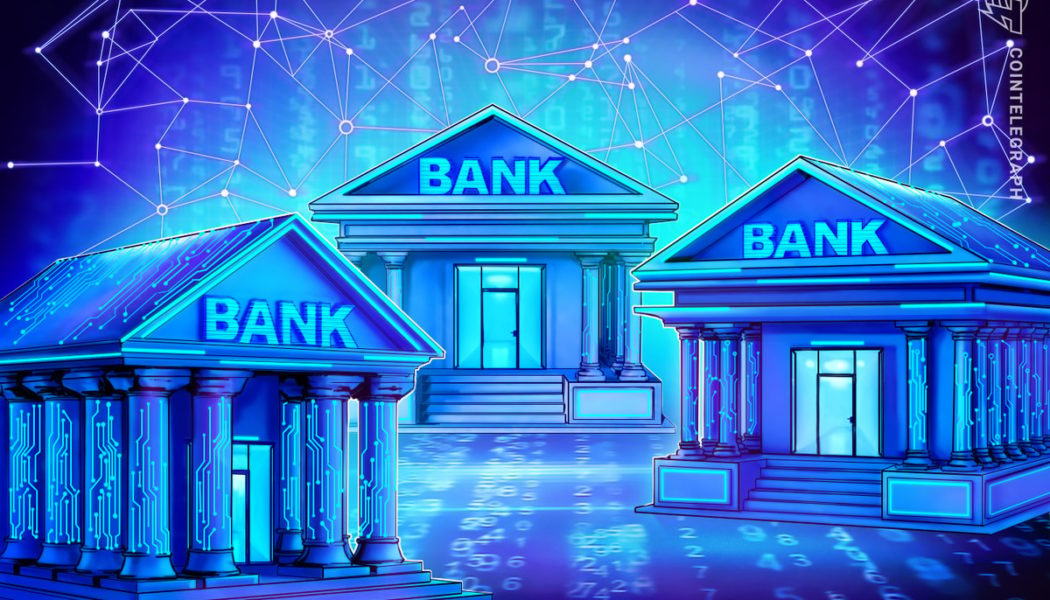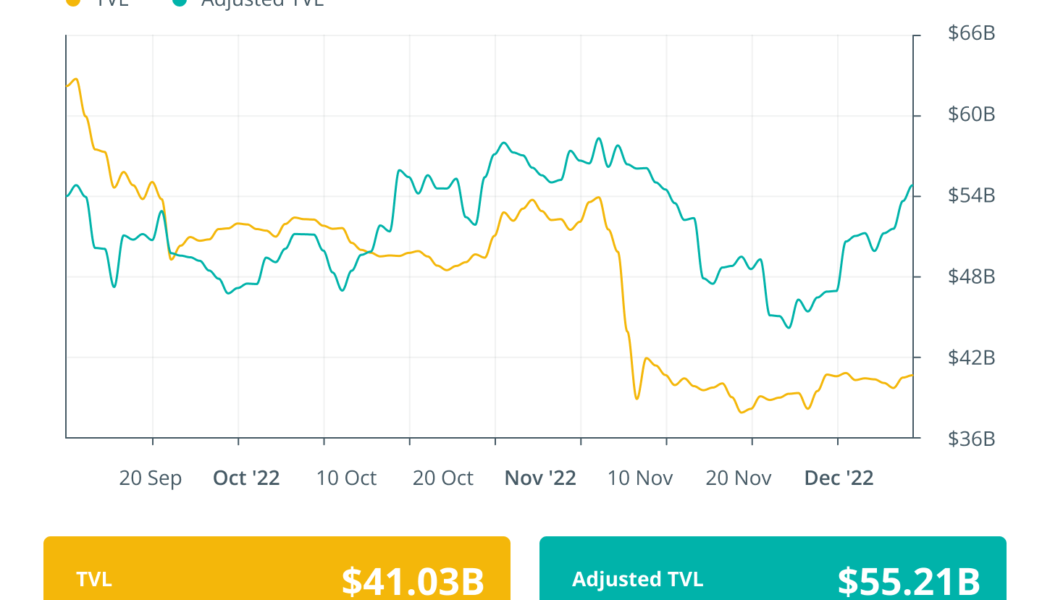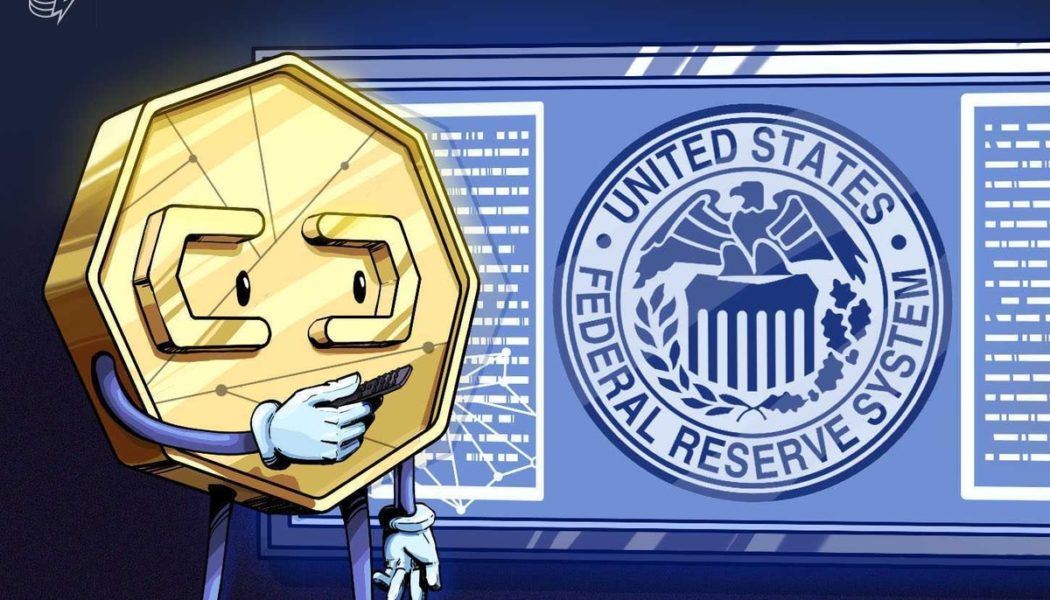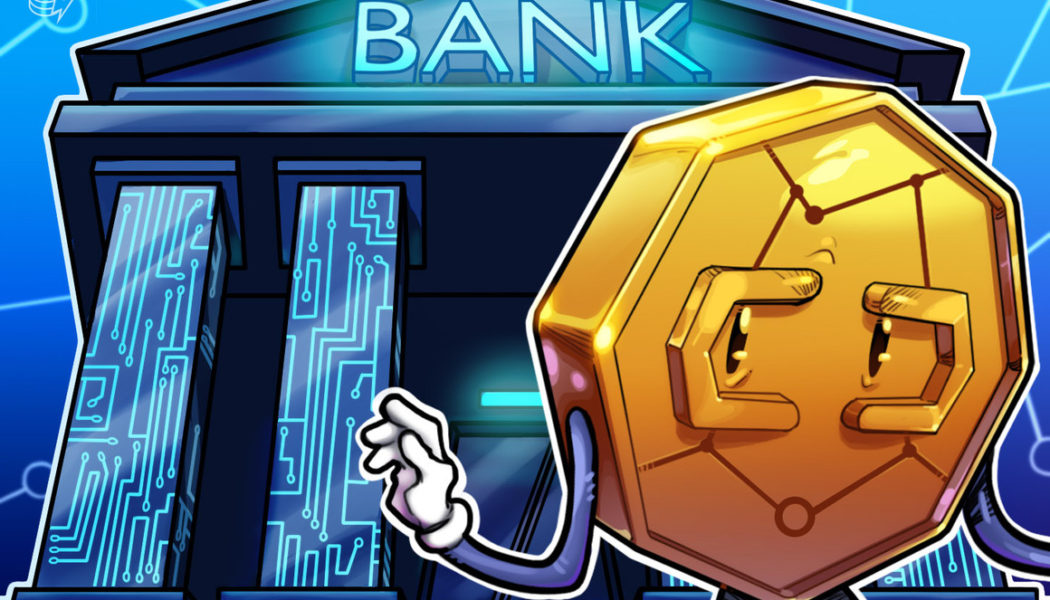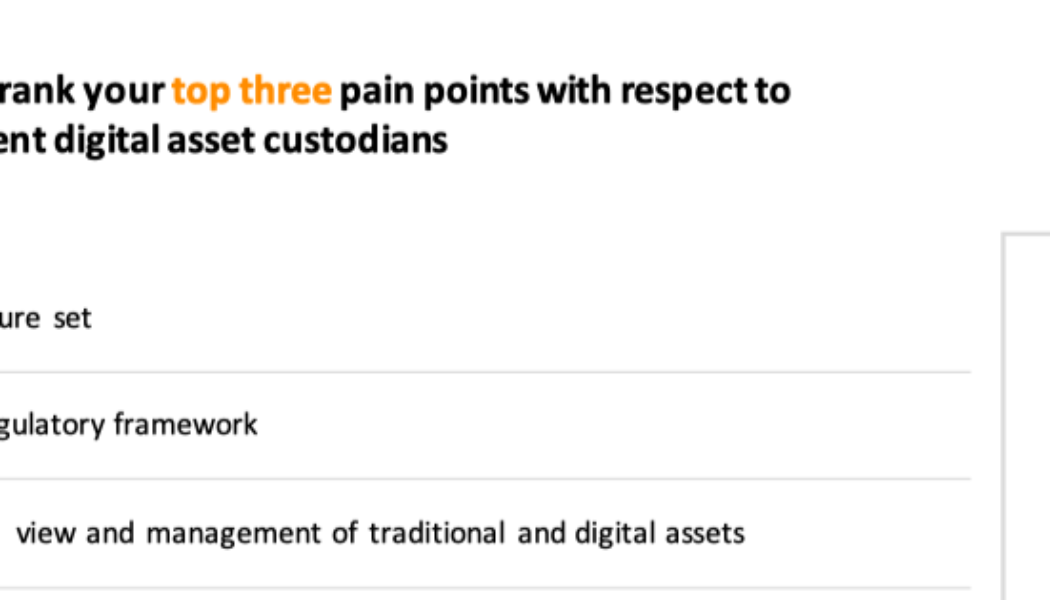Banks
FTX-linked Moonstone bank to exit the crypto space
Moonstone Bank, a rural Washington state bank that received an estimated $11.5 million investment from FTX’s sister company, Alameda Research, says that it will be exiting the crypto space and returning to its “original mission” as a community bank. In a Jan. 18 statement, the bank said that the change in strategy comes as a result of “recent events in the crypto assets industry and the changing regulatory environment surrounding crypto asset businesses.” As part of the bank’s initiative to “return to its roots,” it said that it will no longer use the name Moonstone Bank and will be rebranding and re-adopting the Farmington State Bank name, known in the local community for 135 years. According to the bank, the change is estimated to take effect in the coming weeks and loca...
Bank of Thailand to allow first virtual banks by 2025
Bank of Thailand has disclosed plans to allow virtual banks to operate in the country for the first time. Financial firms will be able to provide services by 2025, a Bloomberg report shows. The “Consultation Paper on Virtual Bank Licensing Framework” published by the central bank says that applications will be available later in 2023 allowing virtual banks to act as financial services providers. The move focuses on increasing competition and boosting Thailand’s economic growth. The Bank of Thailand will issue three different licenses for interested companies by 2024. There are at least 10 parties interested in granting permissions, the report states. Regulations and supervision for virtual banks will be the same as those for traditional commercial banks under the licensing framework....
US federal agencies release joint statement on crypto asset risks and safe practices
United States federal bank regulatory agencies started off the new year with a statement on crypto assets looking back at the troubles of the crypto sector in 2022. The Federal Reserve, Federal Deposit Insurance Corporation (FDIC) and the Office of the Comptroller of the Currency (OCC) released a joint statement on Jan. 3 on past problems and their efforts to maintain sound banking practices in spite of those challenges. “It is important that risks related to the crypto-asset sector that cannot be mitigated or controlled do not migrate to the banking system,” the agencies stated. They identified eight specific risks, including fraud, volatility, contagion and similar familiar issues. Related: Approach with caution: US banking regulator’s crypto warning The agencies also noted that, “B...
Trouble brewing for the US: Two-thirds of TradFi expects a 2023 recession
The United States economy could be in for an upset. Data from a Wall Street Journal survey revealed financial experts expect the country to face an economic downturn this year. Over two-thirds of economists at 23 major financial institutions that do business with the Federal Reserve believe the U.S. will have a “shallow” or “mild” recession in 2023. Two of the surveyed institutions predict a recession for the following year. The research included big names in the financial services sector, such as Barclays, Bank of America, TD Securities and UBS. Collectively, the Federal Reserve was named as the primary reason for the recession due to it raising interest rates to fight inflation. At the time of writing, the inflation rate in the U.S. is 7%, compared with the Fed’s target desired rate...
Crypto is a nonexistent asset for big institutional investors – JPMorgan exec
Big institutional investors are still largely staying away from the crypto market, as the asset class’ volatility poses a challenge to money managers, Jared Gross, head of institutional portfolio strategy at JPMorgan Asset Management, told Bloomberg. “As an asset class, crypto is effectively nonexistent for most large institutional investors,” Gross noted, explaining that “the volatility is too high, the lack of an intrinsic return that you can point to makes it very challenging.” Gross believes that most institutional investors are currently “breathing a sigh of relief that they didn’t jump into that market”, which is unlikely to happen anytime soon. The bear market also brought to an end the idea that Bitcoin (BTC) could be a form of digital gold or serv...
What Goldman Sachs’ CEO misunderstands about private blockchains
Only one of the following news items is real, but someday, all will sound equally comical. Headline, 1896: The owner of Wagoneer & Sons, a leading horse-drawn carriage maker, has announced the adoption of a new machine called the “internal combustion engine” to improve its manufacturing process. “Gas engines are powerful but dangerous,” the owner said. “We will use them to make better wagons. Headline, 1918: The American Association of Candle Makers has announced a new initiative to electrify its wax-making process. It believes that electricity is too dangerous to use for lighting but can be utilized to make cheaper candles. Headline, 1989: The United States postal service will adopt a new technology called “the internet” to speed up the sorting and delivery of letters and postcards. H...
US regulator seeks feedback on DeFi’s impact on financial crime: Finance Redefined
Welcome to Finance Redefined, your weekly dose of essential decentralized finance (DeFi) insights — a newsletter crafted to bring you significant developments over the last week. The United States regulators want to take a closer look at money laundering and terror financing laws by the Financial Crimes Enforcement Network (FinCEN), as it asked banking sector players for feedback on DeFi’s crime risks. Ethereum developers are targeting the last week of March for Ethereum’s Shanghai hard fork and some additional improvement upgrades by June of next year. Ankr protocol has deployed $15 million to buy back the bad debt resulting from its recent exploit and the resultant circulation of HAY (HAY). Chainlink deploys staking to increase the security of oracle services. Stakers will earn Chainlink...
US lawmakers question federal regulators on banks’ ties to crypto firms
Two members of the United States Senate have called on the heads of federal financial regulators to address “ties between the banking industry and cryptocurrency firms” in the wake of FTX’s collapse. In letters dated Dec. 7 to Federal Reserve chair Jerome Powell, acting Comptroller of the Currency Michael Hsu, and Federal Deposit Insurance Corporation acting chair Martin Gruenberg, Senators Elizabeth Warren and Tina Smith — both on the Senate Banking Committee — acknowledged that the crypto industry was not so “deeply integrated” with traditional financial institutions to severely impact markets after FTX’s bankruptcy filing. However, the two lawmakers pointed to reports suggesting ties between FTX and the Washington-based Moonstone Bank as well as stablecoin issuer Tether and the Bahamas-...
Japan’s Sumitomo Mitsui to issue soulbound tokens to explore Web3
The Japanese financial group Sumitomo Mitsui Financial Group (SMBC) is moving to explore the benefits of Web3 by issuing soulbond tokens (SBTs). Proposed by Ethereum creator Vitalik Buterin, SBTs refer to digital identity tokens that represent the characteristics or reputation of a person or entity, or a “soul.” Such tokens are non-transferable and are designed for the decentralized society and Web3. SMBC officially announced on Dec. 8 an initiative focused on the practical use of SBTs in partnership with the digital asset firm HashPort. The companies plan to conduct research on SBTs to find out their practical uses for communities, jobs, knowledge sharing services and decentralized autonomous organizations (DAOs). According to SMBC, the development could specifically be useful for individ...
UK bank Starling bans crypto-related purchases and deposits citing high risk
Starling — a digital bank based in the United Kingdom — is the latest financial institution to ban crypto-related transfers and activities for its cardholders. Starling customers will no longer be able to purchase cryptocurrencies like Bitcoin (BTC) or receive incoming transfers from crypto exchanges or merchants. The online bank announced the news in a statement to customers as well as on Twitter, citing the perceived high risks of crypto trading. Hi there We always review our position in relation to financial crime. We consider crypto activity to be high risk. We’ve taken the decision to prevent all card payments to crypto merchants and to implement further restrictions on outgoing and incoming transfers. — Starling Bank (@StarlingBank) November 22, 2022 The bank also described cryptocur...
Banks still show interest in digital assets and DeFi amid market chaos
The cryptocurrency sector is the Wild Wild West in comparison to traditional finance, yet a number of banks are showing interest in digital assets and decentralized finance (DeFi). This year in particular has been notable for banks exploring digital assets. Most recently, JPMorgan demonstrated how DeFi can be used to improve cross-border transactions. This came shortly after BNY Mellon — America’s oldest bank — announced the launch of its Digital Asset Custody Platform, which allows select institutional clients to hold and transfer Bitcoin (BTC) and Ether (ETH). The Clearing House, a United States banking association and payments company, stated on Nov. 3 that banks “should be no less able to engage in digital-asset-related activities than nonbanks.” Banks aware of potential While ba...
Singapore bank DBS uses DeFi to trade FX and state securities
DBS Bank, a major financial services group in Asia, is applying decentralized finance (DeFi) for a project backed by Singapore’s central bank. DBS has started a trading test of foreign exchange (FX) and government securities using permissioned, or private, DeFi liquidity pools, the firm announced on Nov. 2. The development is part of Project Guardian, a collaborative cross-industry effort pioneered by the Monetary Authority of Singapore (MAS). Conducted on a public blockchain, the trade included the purchase and sale of tokenized Singapore government securities (SGS), the Singapore dollar (SGD), Japanese government bonds and the Japanese yen (JPY). The project has shown that trading on a private DeFi protocol enables simultaneous operations of instant trading, settlement, clearing and cust...


